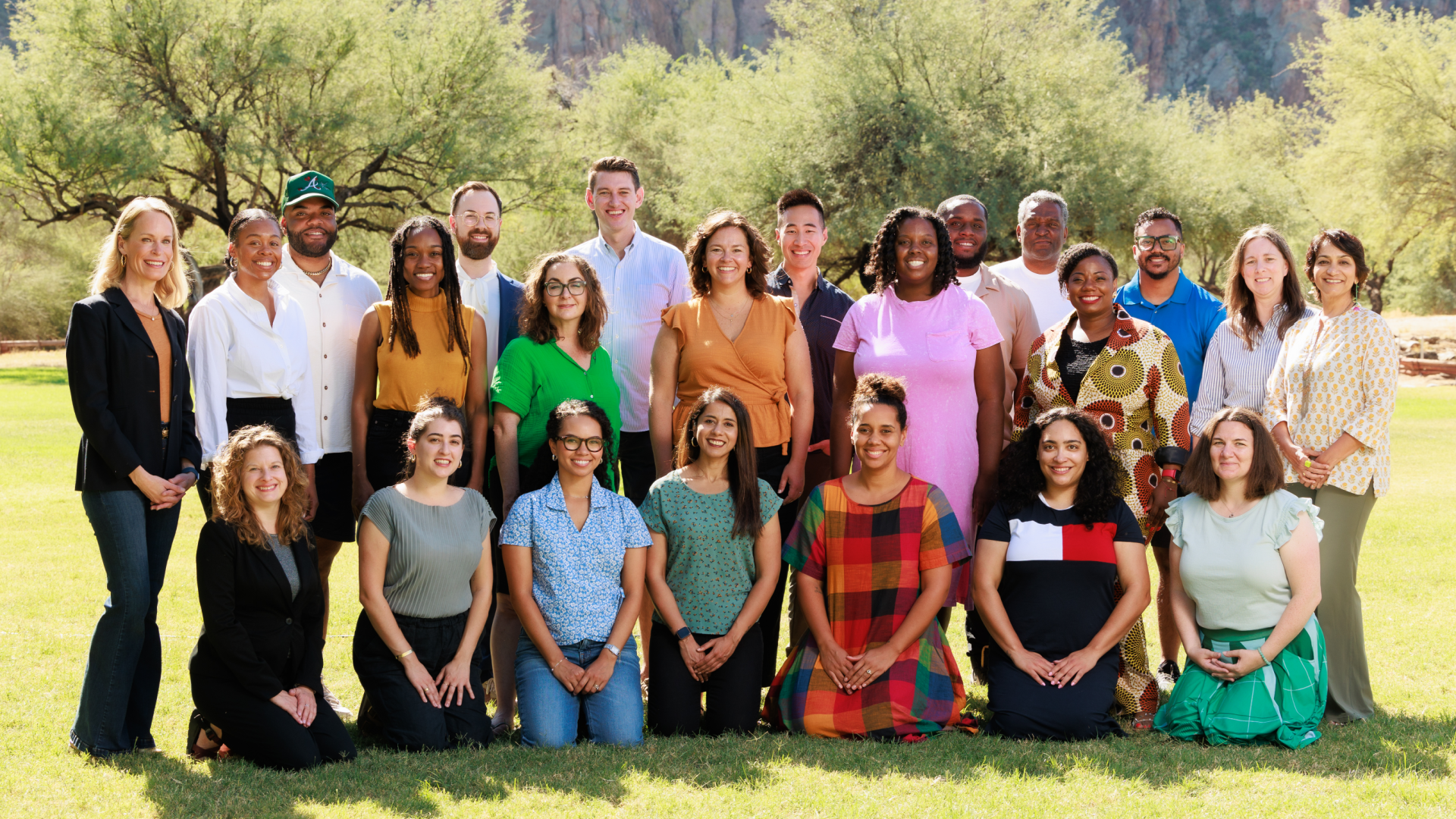The Fight for Fair and Accurate Census Results Continues
Within the first few hours of assuming office, President Joe Biden issued an array of executive orders and memorandums to reverse policies that may disenfranchise immigrant and minority populations. The memorandum to ensure a lawful and accurate census rescinded a preliminary order that violated the U.S. Constitution and the Census Act by illegally excluding undocumented immigrants from the decennial census.
The 2020 census is the basis upon which our government allocates its two most important resources: political power and federal funds. As a fundamental pillar of our democracy, census data determines Congressional apportionment and Electoral College votes for each state and helps to ensure that hundreds of billions of federal resources are allocated equitably.
While President Biden’s executive action is a step in the right direction to make certain that the census process is consistent with our nation’s commitment to representative democracy, additional measures are needed to ensure that the data that seeks to inform our government’s most important decisions is fair and compete.
Policymakers must consider the following recommendations to ensure that the objective to meet deadlines does not take precedent over producing a complete and accurate count.
A Thorough Revocation of All Discriminatory Census Policies
The U.S. Constitution and 14th Amendment protect the right to be counted and equally represented in state population numbers for all residents, regardless of citizenship status. The newly-enacted executive order does not address standing directives that were issued by former Commerce Secretary Wilbur Ross, which seek to generate block-level data on the voting age population of undocumented immigrants. As proposed, the measure does not indicate how the Bureau will use the compiled data and records. As proposed, this provision may inadvertently allow anonymized, citizenship data to be used for advantageous and partisan purposes or political gain.
Additional Time to Collect and Process Accurate Census Data
An accurate census count is foundational to the functioning of civil society. Subject matter experts have cautioned that incomplete data could be “misinterpreted, misused, or otherwise tarnish the Bureau’s reputation.” Upon acknowledging delays caused by the disruption of COVID-19, Barry Robinson, the former Chief Counsel for the Commerce Department’s Economic Affairs, affirmed that “there is a very plausible and justifiable argument for a reasonable extension of time to allow the Census Bureau to fully complete its functions.”
Census Bureau Director Steven Dillingham resigned from his appointment one week after an internal agency watchdog questioned his ability to maintain the quality of the initial data released from the 2020 census. The complaint issued by multiple whistleblowers disclosed that the Bureau has not had sufficient time to prepare an accurate report and run quality data checks. Despite ongoing litigation, a federal court overruled the Trump administration attempt to accelerate census data collection and processing operations. The Bureau has since confirmed that state population counts will not be complete until early March.
Census advocates have urged the Biden administration to implement deadline extensions that the Bureau initially requested after the pandemic impeded the agency’s counting and outreach efforts. Insufficient time to collect and report viable data will result in a decade-long exclusion for communities in most need. To protect the integrity of the census results, policymakers must reintroduce legislation that extends legal reporting deadlines to account for unforeseen delays and to ensure an accurate population count for each state. Failure to address inaccuracies will have profound and far-reaching consequences for industries across all sectors.
Increased Transparency to Ensure A Fair and Complete Count
Restoring trust in a process that has become increasingly politicized will require transparency about data irregularities and inaccuracies. Due to missed deadlines, vulnerable communities that have been disproportionally impacted by the current health crisis are at greater risk of being undercounted. To correct the undercount, advocates have urged the Biden administration to establish a bipartisan commission or advisory committee of diverse stakeholders to evaluate recommendations that resolve recurring, long-term challenges for 2030 and beyond.
Significant reforms are needed to resolve the various challenges that occur while planning a 10-year census on a one-year budget cycle. To ensure that every person – including those living in the hardest-to-reach communities – is accurately counted, proposed policy solutions must accommodate technological change, address the inadequacy of resources, ensure freedom from political interference and polarization, improve data and survey quality, invest in robust community engagement initiatives, develop standards for transparency, address the crisis of public trust, institute an impartial questionnaire design, and strengthen confidentiality laws.



